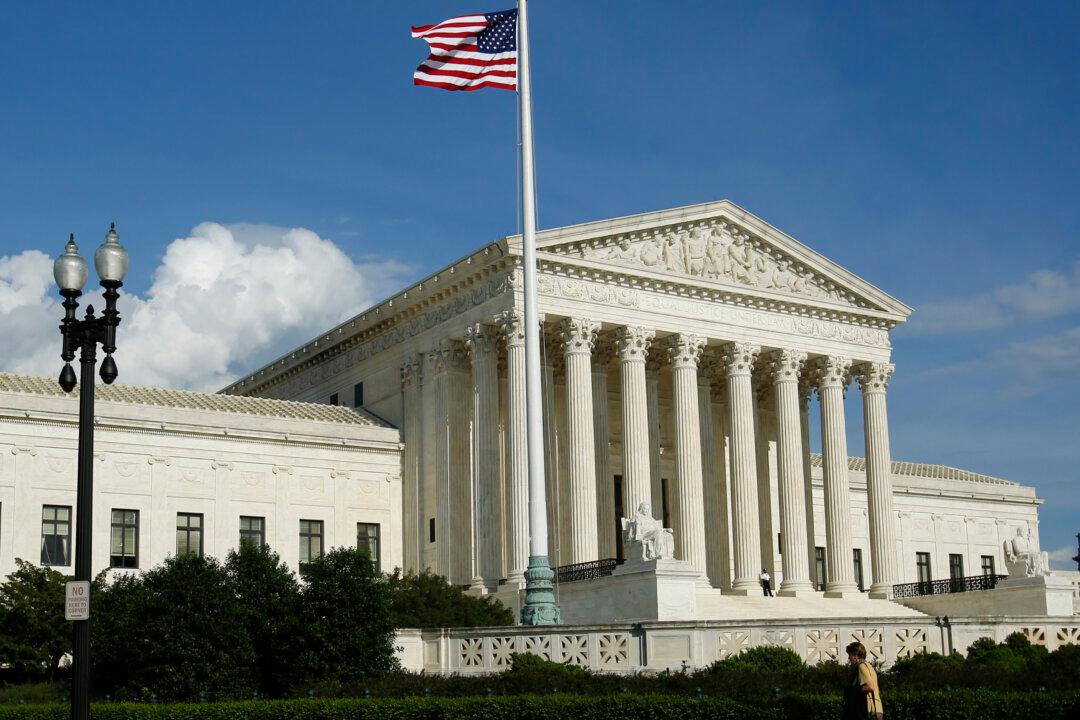The Supreme Court has rejected requests by three convicted criminals to overturn lower court rulings that found they could legally be barred from owning firearms.
In an unsigned order, the nation’s top court on April 19 declined to hear appeals from Raymond Holloway Jr., Lisa Folajtar, and Kenneth Flick, leaving lower court rulings against them intact. The trio, who all were convicted of nonviolent crimes, had asked the court to consider whether certain felons should be prohibited from possessing or owning guns.





